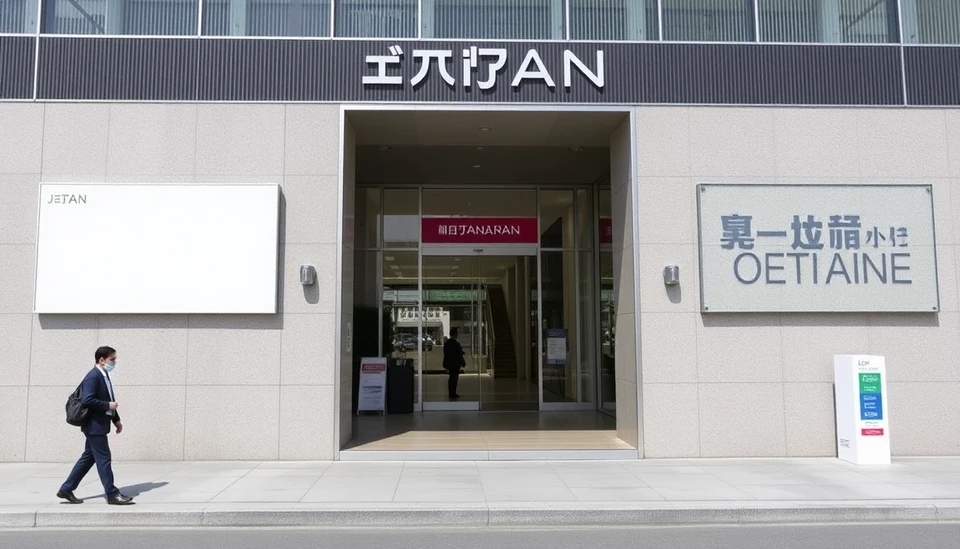
In a strategic shift reflecting changing economic conditions, one of Japan's prominent regional banks has decided to halt its purchases of Japanese Government Bonds (JGBs). This cutting-edge maneuver stems from the bank's predictions regarding an impending climb in interest rates, significantly adjusting its investment portfolio in light of inflationary pressures and evolving monetary policies.
The decision was announced following a detailed reassessment of the bank's asset management strategy. Experts suggest this marks a pivotal moment for the bank as it balances the need for stability in its financial portfolio against the backdrop of rising rates. The forecast for inflation episode and the subsequent responses from Japan's central bank, the Bank of Japan (BOJ), have contributed to this strategic pivot.
This regional bank's move is part of a larger trend among financial institutions in Japan, as many are reevaluating their policies regarding bond purchases. Recent economic indicators have hinted that the long-standing low-interest rate environment could soon see an upward adjustment, influencing banks to curtail their bond buying activities to hedge against potential losses that may arise from climbing rates.
Market analysts conclude that this decision could spark a ripple effect through Japan's financial sector, potentially leading other banks to follow suit. As these institutions realign their investment strategies, it may suggest a broader shift in Japan's economic landscape, especially concerning fiscal policy and investment strategies in a low-growth environment.
Moreover, the bank's pause on purchasing JGBs could imply greater risks for a segment of institutional investors who have relied heavily on government bonds for stable returns. Investors may start to glance towards alternative avenues for yield, not just in domestic markets but potentially looking abroad, depending on the direction that interest rates take in both domestic and international arenas.
The decision is particularly notable considering the Bank of Japan's long-standing commitment to ultra-loose monetary policy, which has largely supported the demand for government bonds in previous years. The ongoing efforts to stimulate growth through measures such as yield curve control have been staples of the BOJ's framework; however, a shift in market sentiment regarding future interest rates might be indicating that such strategies are on shaky ground.
As the situation unfolds, all eyes will be on subsequent announcements from the Bank of Japan and other financial institutions throughout the country to gauge the broader implications of rising interest rates on the market and economy. Investors, analysts, and economists are keeping a close watch to see whether this move signifies a trend or is an isolated case amidst a still low-rate environment.
In conclusion, this regional bank has taken a decisive step in responding to the shifting economic climate, underscoring the need for agility in financial strategies amid an unpredictable landscape. Stakeholders within the financial sector are advised to remain vigilant as they navigate these changes that could redefine investment norms moving forward.
#Japan #RegionalBank #JGB #InvestmentStrategy #InterestRates #BankofJapan #Economy #Finance #Inflation
Author: Samuel Brooks




